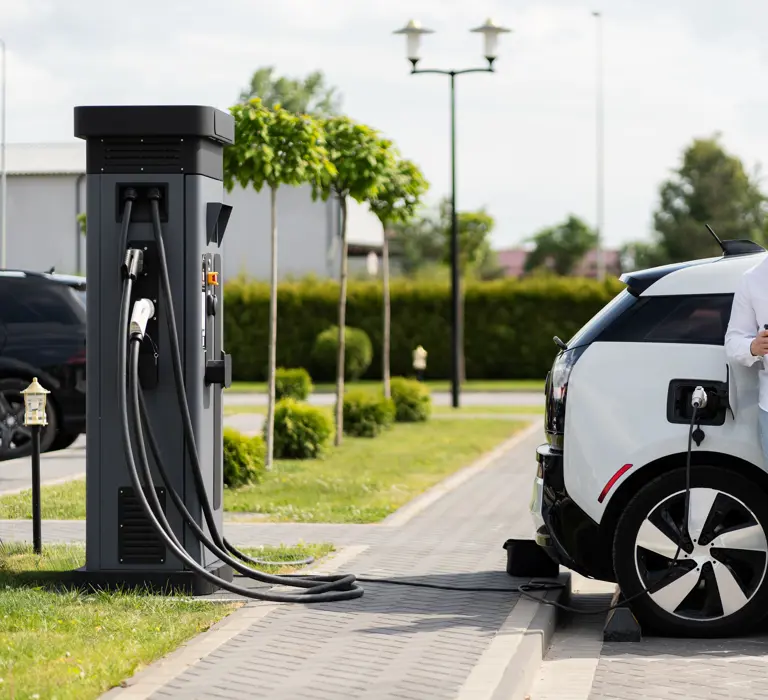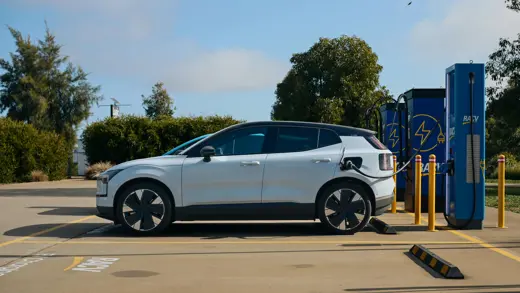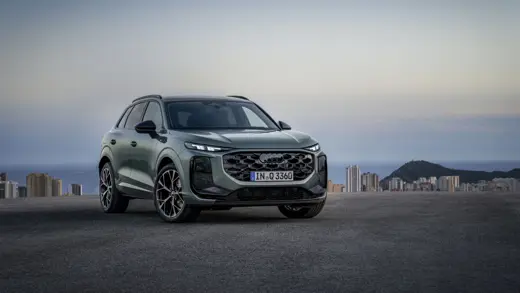September 9th, 2025, is World EV Day, a chance to celebrate the progress in EV adoption, expanding infrastructure, and the rapid advances in electric vehicle technology. By 2030, sales of new petrol and diesel cars in the UK will end, marking a major step for transport and the environment.
EV uptake continues to grow, charging networks are expanding, and more manufacturers are bringing new and advanced models to market. However, challenges persist, as infrastructure still falls short in some areas, upfront costs remain a barrier for many drivers, and fleet transition is uneven across industries.
Adoption Is Gathering Pace
In August 2025, 21,969 new electric cars were registered. That’s 26.5% of all new car sales in a single month, with more than one in four buyers choosing electric over petrol or diesel. Across the past year, monthly EV registrations have averaged 37,088, highlighting steady demand in the market.
There are now over 1.6 million fully electric cars on UK roads. Out of a total fleet of around 34 million, that’s roughly 4.8% of all cars. Compare this to the end of 2021, when just 396,945 EVs made up 1.2% of the fleet. In less than four years, the share of EVs has quadrupled.
(Source ZapMap)
Progress is clear, yet electric vehicles still make up less than 5% of UK cars, with petrol and diesel dominating the roads. There’s still a long way to go until that number increases.
What’s Driving the Change?
Policy and Regulation
The Zero Emission Vehicle (ZEV) mandate continues to push manufacturers and consumers toward electric vehicles. This year, the target requires 28% of all new car sales and 16% of all new van sales to be fully electric, with the percentage increasing year on year. Alongside the 2030 deadline to end petrol and diesel sales, government fines for failing to meet EV targets make the shift to electric vehicles a regulatory necessity rather than just a market choice.
New Electric Car Grant (July 2025) To reinforce this shift, the UK government launched a new £650 million Electric Car Grant on 15 July 2025. From 16 July, eligible new zero-emission cars priced at £37,000 or below qualify for an automatically applied discount of £3,750 for the most sustainably produced models or £1,500 for those meeting essential environmental criteria.
This grant is designed to tackle one of the biggest barriers to EV uptake: high upfront costs. By reducing purchase prices, it makes EVs more affordable and appealing to a broader audience while also supporting the UK’s environmental targets.
The grant is open to manufacturers for eligible models and will remain active through the 2028/29 financial year, though it may close earlier if funds are exhausted. Importantly, buyers do not need to apply for the discount as it is automatically applied at the point of sale.
Technology Gains
EV technology has advanced rapidly since the launch of the first modern all-electric car, the Nissan Leaf, in 2010. Back then, limited driving range was one of the biggest obstacles for consumers. Today, many models comfortably deliver over 300 miles on a single charge, making electric cars far more practical for everyday use.
A growing number of vehicles are now surpassing the 400-mile range, and this figure continues to rise as new models enter the market. Looking ahead, advancements in battery technology are expected to push ranges beyond 500 miles, reducing range anxiety even further and firmly positioning EVs as a mainstream replacement for petrol and diesel cars.
Infrastructure Expansion
Public charging networks have grown at an impressive pace, with 85,163 EV charging points across the UK as of August 2025. This includes thousands of rapid and ultra-rapid chargers, making EV ownership far more accessible and convenient for users. Continuous investment and expansion plans are already underway, meaning we can confidently expect this number to keep rising in the coming years.
Faster, more reliable chargers across the country are helping drivers overcome range anxiety, one of the main obstacles to adopting EVs. As infrastructure keeps scaling, consumers can expect shorter charging times, more convenient locations, and greater confidence in switching from petrol and diesel vehicles.
A Milestone, Not the Finish Line
On this EV Day, the UK can see real progress: more drivers are choosing electric vehicles, charging points are increasing, and technology is improving. There are still challenges to overcome, but the shift toward cleaner, more sustainable transport is underway.



